PM Mikati: Israel encroaches on Lebanon's maritime wealth, provoking crisis
Lebanon’s caretaker Prime Minister Najib Mikati says Israel is provoking crisis in disputed waters in the Mediterranean by encroaching on Lebanese resources and maritime wealth.
In a statement on Sunday, the Lebanese premier warned, “The Israeli enemy’s attempts to create a new crisis, by encroaching on Lebanon's maritime wealth, and imposing a fait accompli in a disputed area in which Lebanon adheres to its rights, is extremely dangerous.”
Mikati's remarks came after a natural gas storage and production ship operated by the UK-based Energean arrived earlier in the day at the Karish field, some 80 kilometers west of the port city of Haifa.
The Tel Aviv regime and the international hydrocarbon exploration and production company equally claimed the field in question falls within Israel’s so-called exclusive economic zone. Beirut rejects the claim.
Meanwhile, Lebanon's President Michel Aoun condemned the move by Israel, warning that any activity in the disputed waters would amount to an act of aggression and a provocation.
According to a statement on Twitter by the Lebanese Presidency, Aoun discussed the issue with Mikati regarding the ship’s entry “into the disputed maritime area with Israel, and asked the Army Command to provide him with accurate and official data to build upon the matter.”
رئيس الجمهورية: المفاوضات لترسيم الحدود البحرية الجنوبية لا تزال مستمرة وأي عمل او نشاط في المنطقة المتنازع عليها يشكل استفزازاً وعملاً عدائياً
— Lebanese Presidency (@LBpresidency) June 5, 2022
“Negotiations to demarcate the southern maritime borders are still ongoing, and any action or activity in the disputed area constitutes a provocation and a hostile act,” Aoun said.
الرئيس عون بحث مع الرئيس ميقاتي بدخول سفينة "انرجان باور" المنطقة البحرية المتنازع عليها مع إسرائيل وطلب من قيادة الجيش تزويده بالمعطيات الدقيقة والرسمية ليبنى على الشيء مقتضاه
— Lebanese Presidency (@LBpresidency) June 5, 2022
The Israeli regime has not commented on Aoun’s remarks. However, Israeli energy minister Karine Elharrar welcomed the ship’s arrival, saying she hoped it would be brought online quickly.
“We will continue to work to diversify the energy market and maintain stability and reliability,” she added.
The representatives of Hezbollah resistance movement at the Lebanese parliament also reacted to the development, saying that they will not allow Israel to embark on gas exploration operations in the disputed maritime zone.
The maritime row between Lebanon and Israel is over an area in the Mediterranean Sea spanning about 860 square kilometers. Block No. 9 is rich in oil and gas. Israel relies heavily on gas and has long been developing a number of occupied offshore gas deposits in the Mediterranean Sea.
In April 2021, Aoun demanded that the Israeli regime stop all exploration in an offshore gas field on its southern border with occupied Palestinian territories.
In June 2020, the Lebanese president warned Israel over its “extremely dangerous” bid to explore oil and gas on Lebanon’s maritime territories, stressing that the Arab country would not allow any violation of its territorial waters. His warning came a day after Tel Aviv approved a license for oil and gas exploration in “Block 72,” located close to the Block 9 gas fields, where Beirut was set to begin explorations for natural gas and oil.
The two sides have held several rounds of talks to delineate their maritime borders and resolve the decades-long dispute, but to no avail.
Lebanon fought off two Israeli wars in 2000 and 2006. On both occasions, battleground contribution by the Hezbollah resistance movement proved an indispensable asset, forcing the Israeli military into a retreat.
Lebanon and Israel have been technically at war since 1967. The latter has had the Arab country’s Shebaa Farms under occupation.
Beirut eyes the issue of delineation of its southern border zone with great sensitivity both due to concerns of Israel’s expansionist policies and given its plans to engage in oil and gas exploration in its share of the Mediterranean.
US: Police criticizes ‘excessive and disproportionate' force used by ICE on protesters
VIDEO | Press TV's news headlines
Trump administration 'turning against entire ecosystem of human rights'
VIDEO | Leader meets Qur'an reciters, teachers on first day of Ramadan
Two killed, several injured in Israeli strike on refugee camp in Lebanon
US Supreme Court strikes down swath of Trump global tariffs
Tehran says US has not sought zero enrichment, warns war hawks pushing for ‘catastrophic war’
Iran ‘serious’ on achieving a ‘fair’ deal with US, Araghchi tells Lavrov


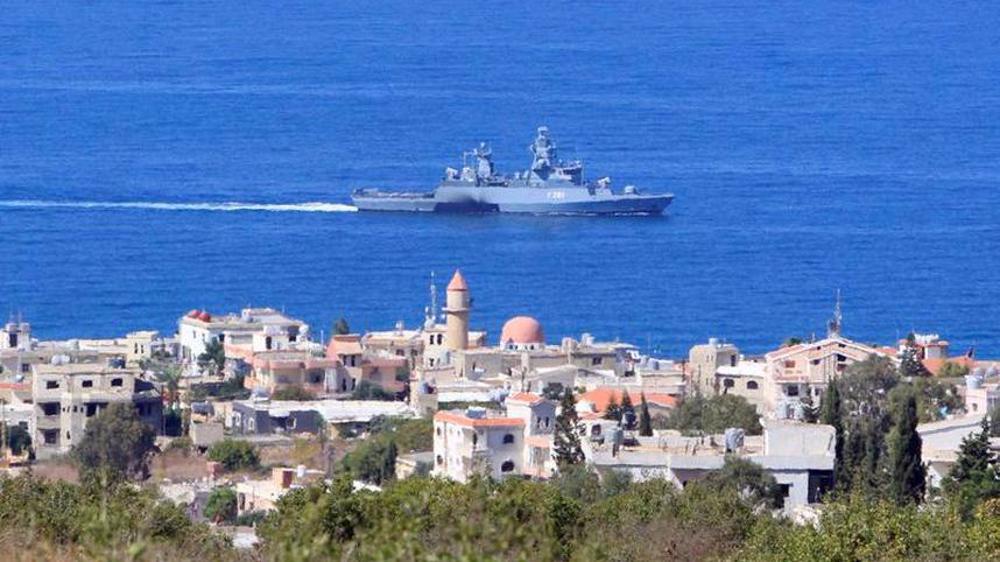
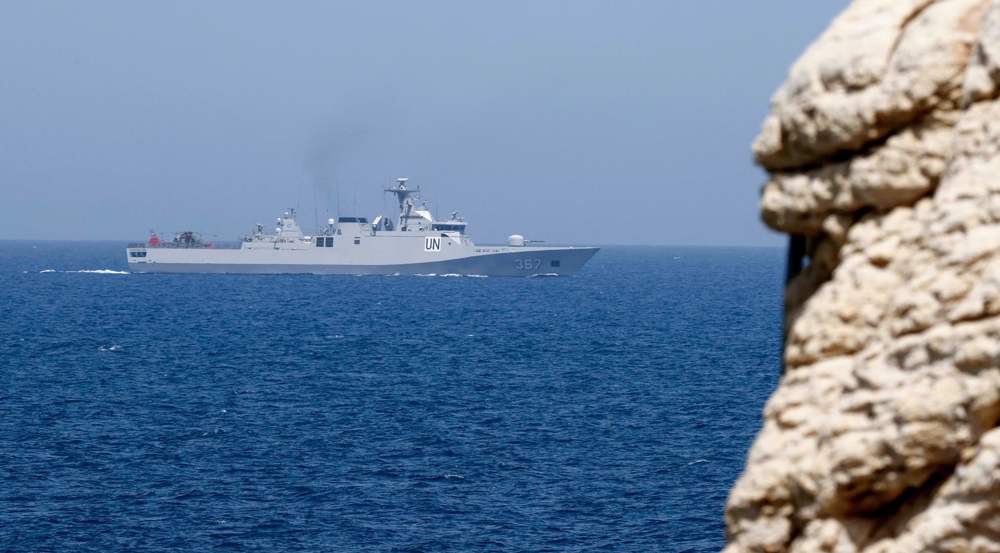
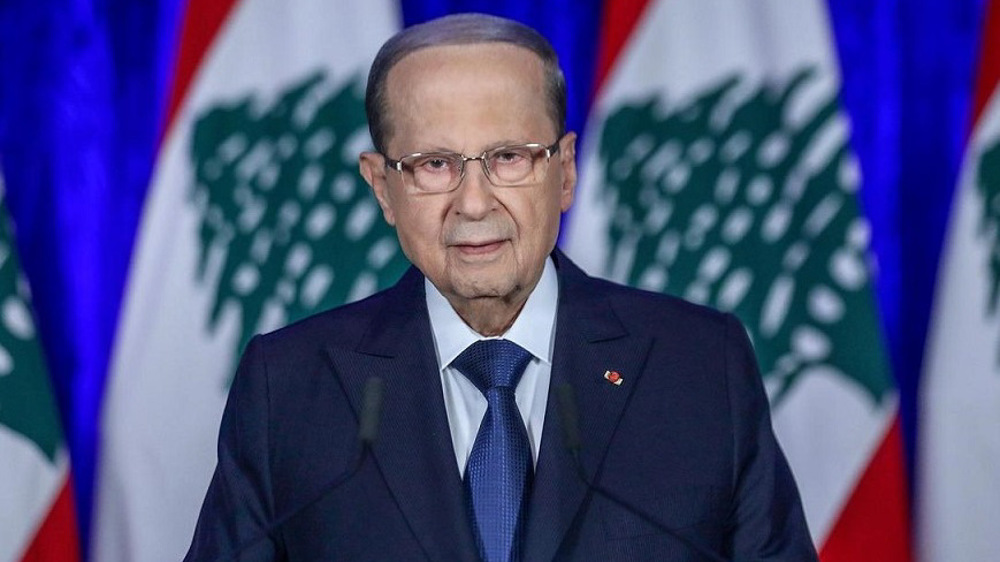
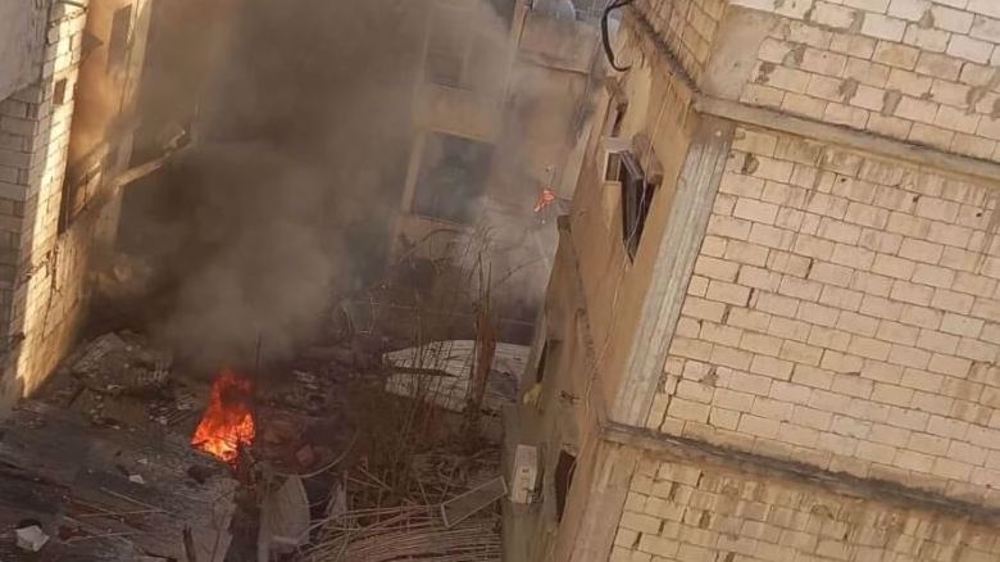
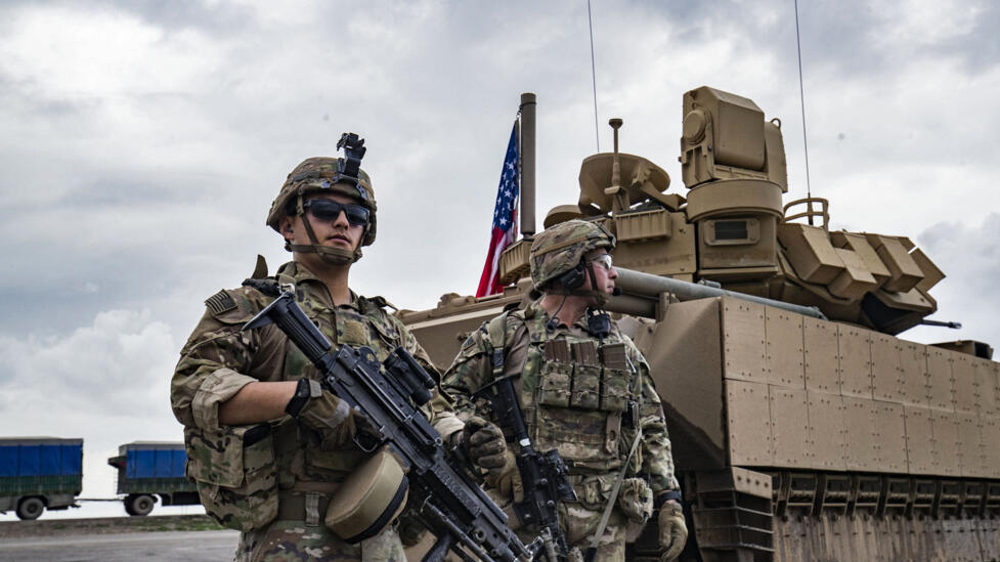
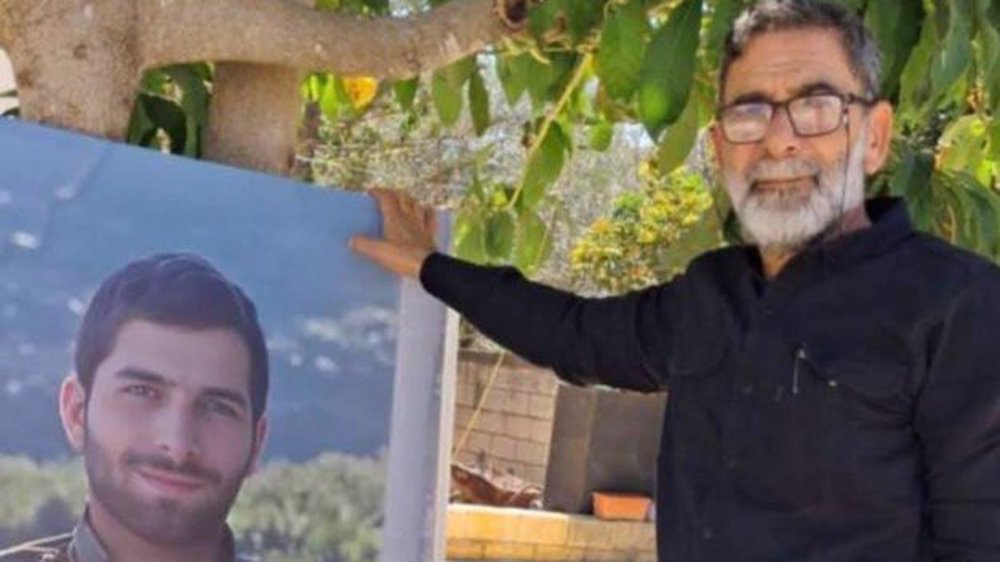




 This makes it easy to access the Press TV website
This makes it easy to access the Press TV website